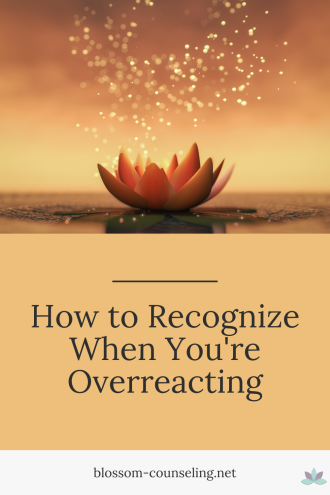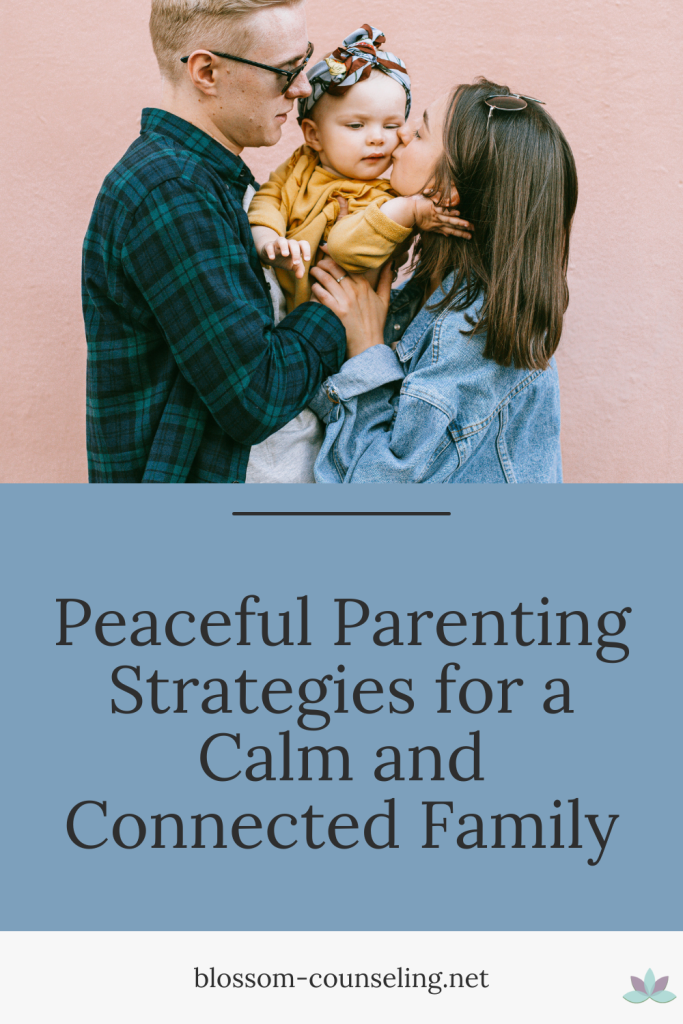
Have you ever found yourself reacting strongly to a situation or event, only to later realize that your reaction was disproportionate to the situation? It’s a common experience to have, and it can leave you feeling confused, embarrassed, or even ashamed. But the truth is, we all have moments where our emotions get the best of us.
What is Overreacting?
Overreacting is when we respond to a situation or event in a way that is disproportionate to the actual situation. For example, getting extremely angry or upset over a minor inconvenience, or bursting into tears over a small criticism. It’s important to note that what might be an overreaction for one person might not be for another. Everyone’s emotional threshold is different, and what one person finds upsetting might not bother someone else.
Overreactions can be caused by a variety of factors, including stress, anxiety, past traumas, and even physical health issues. When we experience an overreaction, it’s usually a sign that something deeper is going on beneath the surface. It’s important to try to identify what might be causing the overreaction so that we can address it and prevent future overreactions.
Recognizing Overreactions in Ourselves
Recognizing when we’re overreacting can be challenging, especially if we’re in the midst of a strong emotional response. However, there are a few signs to look out for that can help us identify when we might be overreacting. These include physical symptoms like heart palpitations, sweating, or shaking, as well as cognitive symptoms like racing thoughts or tunnel vision. If we notice these symptoms, it’s important to take a step back and try to assess the situation objectively.
Another way to recognize overreactions in ourselves is to ask for feedback from trusted friends or family members. They may be able to see patterns in our behavior that we’re not aware of, and can help us identify when we might be overreacting. Additionally, keeping a journal or taking note of our emotional responses to certain situations can also help us identify patterns of overreaction.
Managing Overreactions
If we find that we are overreacting to a situation or event, there are a few things we can do to manage our emotions. The first is to take a step back and try to assess the situation objectively. Is our reaction proportionate to what’s happening? If not, try to identify what might be causing the overreaction. Are we feeling stressed or overwhelmed in other areas of our lives? Are we tired or hungry? Addressing these underlying issues can help us manage our emotional responses.
Another helpful technique is to practice mindfulness. This involves focusing on the present moment and observing our thoughts and emotions without judgment. By practicing mindfulness, we can learn to recognize when we’re starting to overreact and take steps to manage our emotions before they spiral out of control.
Therapy is another option for managing overreactions. A trained therapist can help us identify the root causes of our overreactions and develop strategies for managing them. They can also help us work through any underlying mental health issues that may be contributing to our overreactions.
It’s important to note that managing overreactions is a process, and it’s okay to make mistakes along the way. If we have an overreaction, it doesn’t mean that we’ve failed. Instead, it’s an opportunity to learn and grow from our experiences.
Overreacting is a common experience that we all have from time to time. By recognizing the signs of overreactions in ourselves, we can take steps to manage our emotions and respond more proportionately to situations and events. With practice, we can learn to regulate our emotional responses and live more balanced and fulfilling lives. If you find that your overreactions are interfering with your daily life, consider reaching out to a mental health professional for additional support. Remember, it’s okay to ask for help when we need it.




